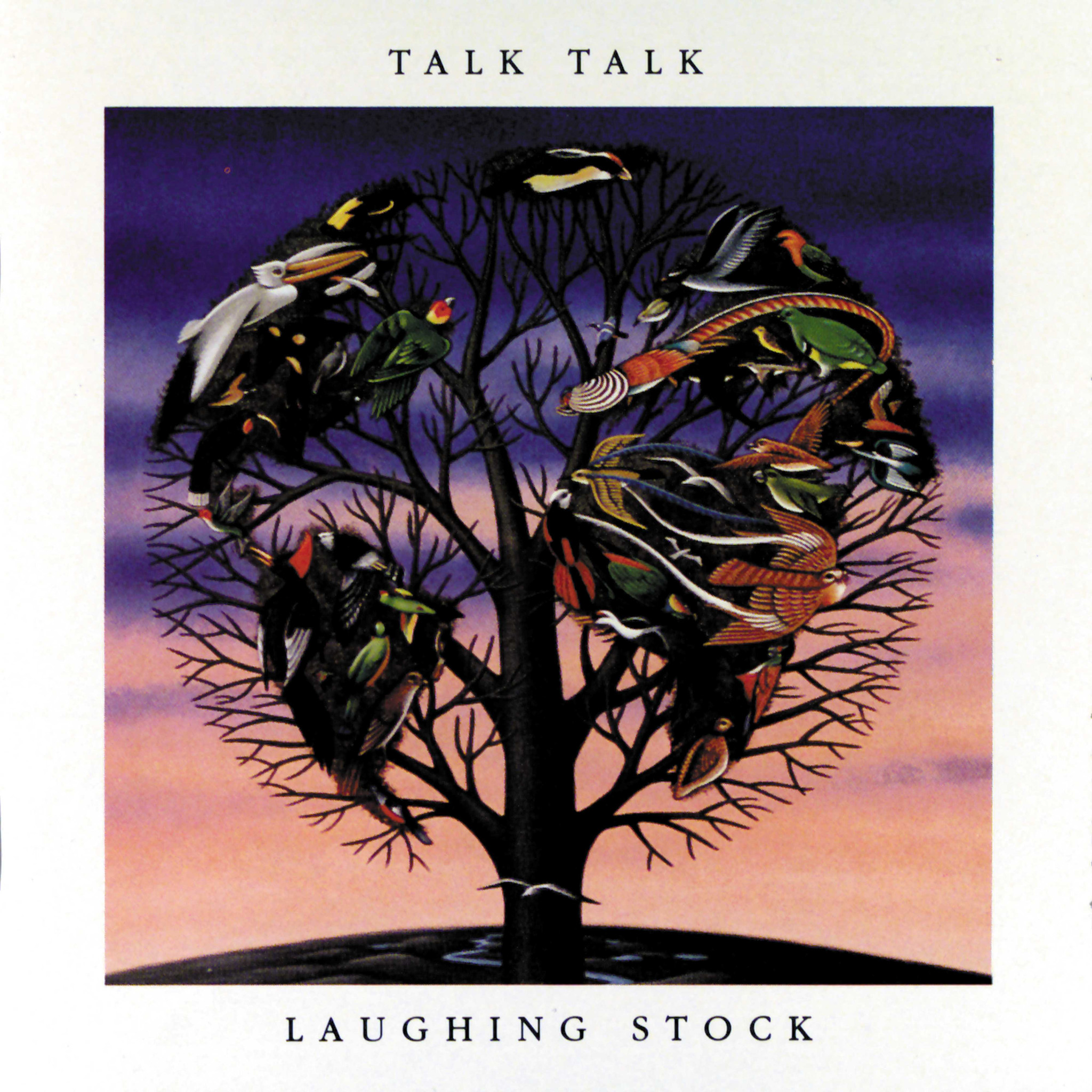
Talk Talk, “Ascension Day,” Laughing Stock, 1991 (Lee Harris: drums).
Zach Barocas, Diasporist Diarist

Talk Talk, “Ascension Day,” Laughing Stock, 1991 (Lee Harris: drums).
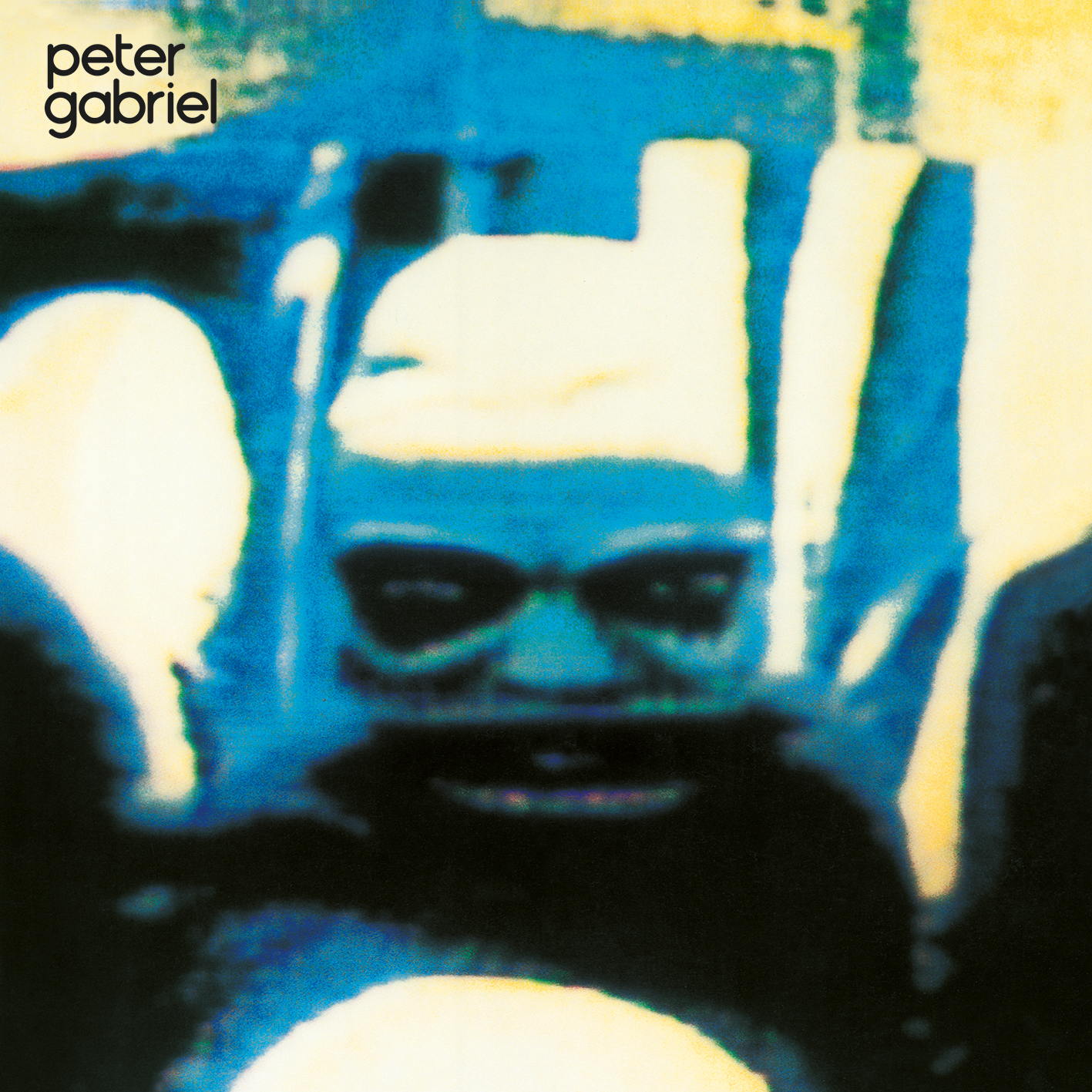
Peter Gabriel, “The Rhythm of the Heat,” Security, 1982 (Jerry Marotta: drums, percussion).
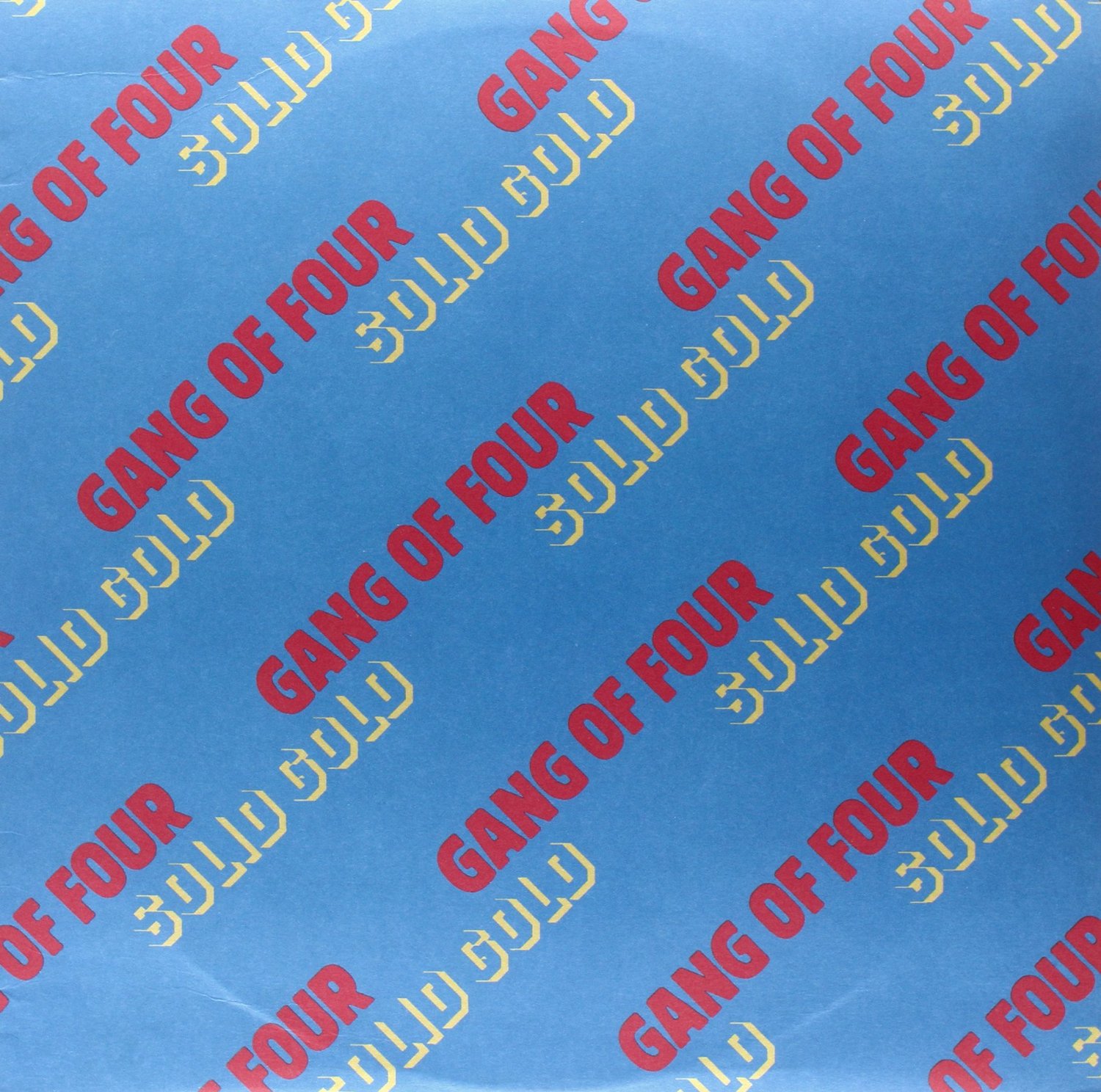
Gang of Four, “Paralysed,” Solid Gold, 1981 (Hugo Burnham: drums).

The Meters, “Cissy Strut,” The Meters, 1969 (Zigaboo Modeliste: drums).
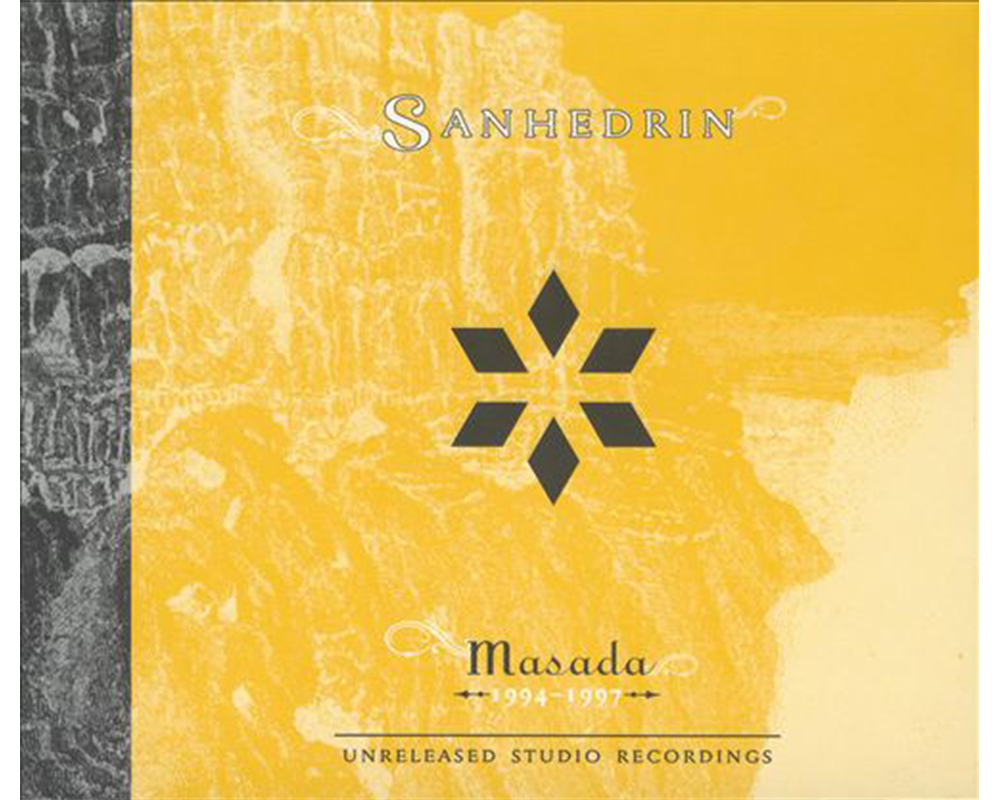
Masada, “Jachin,” Sanhedrin, 2005.
The […] thing is that notion of creativity, not being afraid to explore your instrument, to allow the instrument to sound the way it will sound by itself no matter what you do to it. An instrument has a quality that, if you allow it to share it with you, to be a part of what you’re doing, it will give you a sound that no one else has. It will give you articulation and shapes or musical phrases and structures that no one has, and it will introduce this extra sonic aspect. It’s all inside the instrument, but most people fight hard to keep it from coming out.
— Wadada Leo Smith (interviewed here)
The matter of influence is a varied and frequently complex one, not least because of its relationship to authenticity, which I address here. I think it’s worth reiterating that I believe being truthful to one’s influences is as much a moral matter as it is a practical one, if not more so.
This is not, as far as I know, a popular position even though it is also far from unusual. Certain ideas about gender, freedom, confinement, and love, for example, have been passed to subsequent generations by country and blues singers; there’s a strain of tenor players whose heritage can be traced to John Coltrane’s spiritually explicit efforts.1 I choose these cases precisely because they support my premise but there are countless others. In fact, I’ll even go so far as to say that one takes on an influence because it offers a sense of right and wrong, defines or echoes one’s sense of struggle or success, confirms what one seeks to confirm in whatever situation is at hand.2
So we all, one way or another, actively seek influences. I take it as a measure of maturity, however, that one eventually assimilates them into an existing style and builds from there. That is, however much imitative modes might satisfy many performers, I think stopping at the sum of one’s influences is short-sighted.
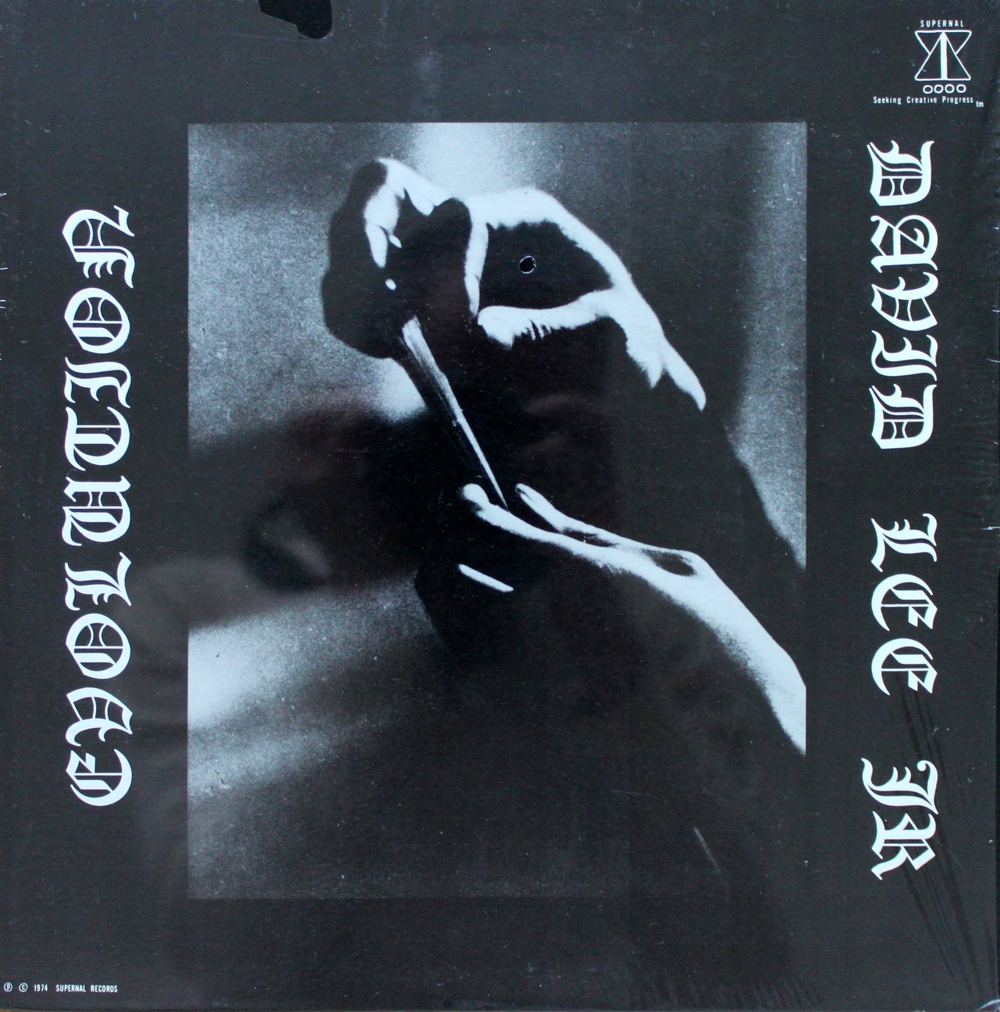
David Lee Jr, “Wymbo-Ngoma,” Evolution, 1974.
The question of how I want to sound is better derived from how well I play than the other way around. That is, I am more likely to be able to manage the sound of my kit if my strokes are assured, my sense of the kind of energy I want to create and support is clear. Without aspiration or inspiration, the best-tuned array of drums and cymbals won’t get me or my group very far.
So rather than search for a sound, I’ve come to feel that one might go so far as to take one’s sound for granted: allowing that one is, more often than not, no stranger to his or her instrument, its sound is not at issue but has in fact been chosen already. By the time one makes a noise, the decision has been made. In which light, there’s nothing to do but get on with the effort of solid play.
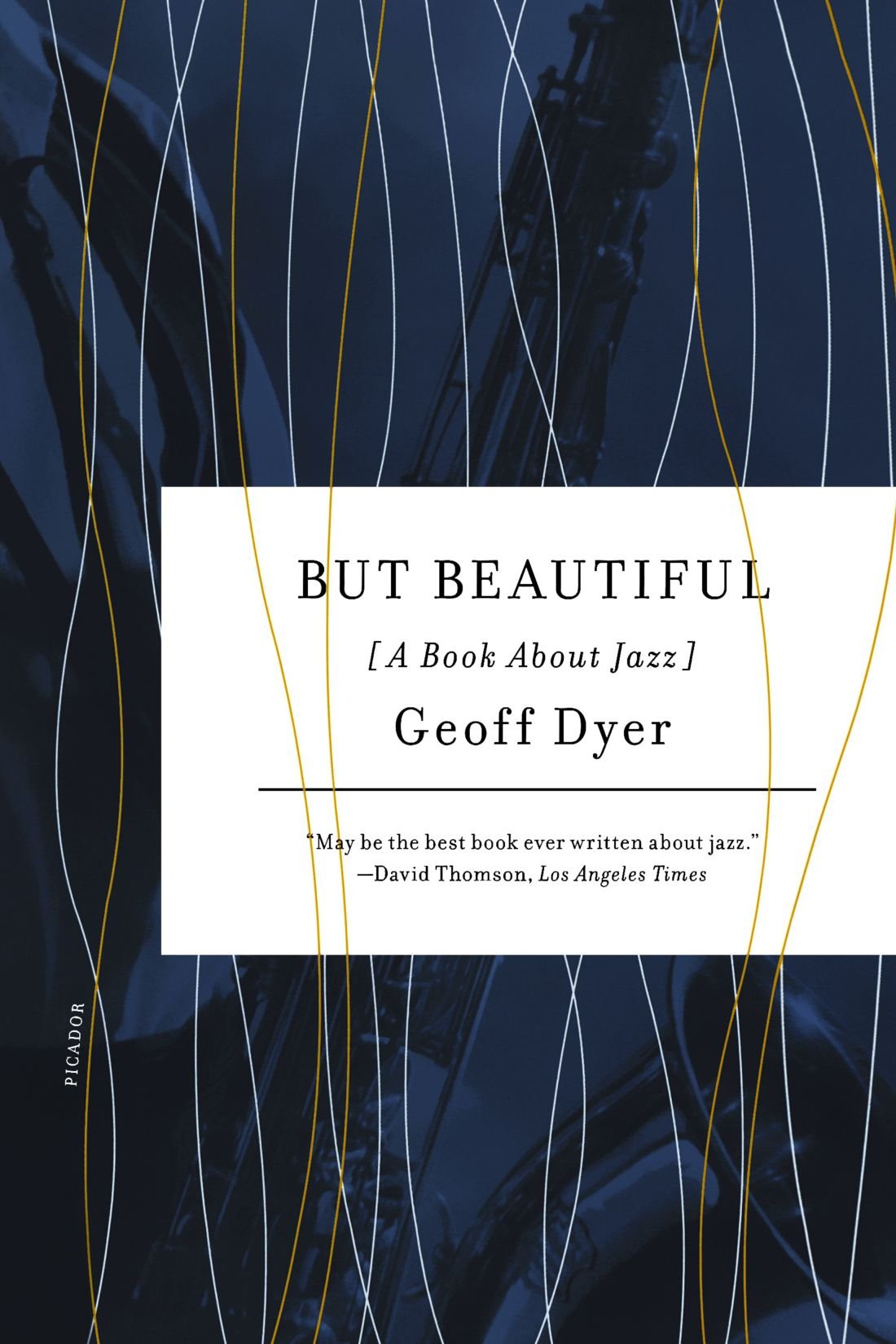
Years ago, he used to catch himself thinking about what he was playing, conscious of his own technique, and while this distracted it also reassured because it meant that in between these spasms of self-consciousness he had simply been playing — and he played best when least conscious of what he was doing. At a certain point, playing became a wild amnesia of technique.
— Geoff Dyer, But Beautiful: A Book About Jazz, p. 174.